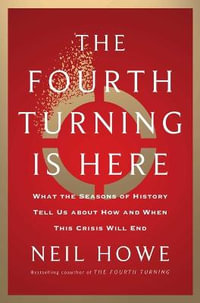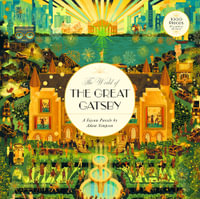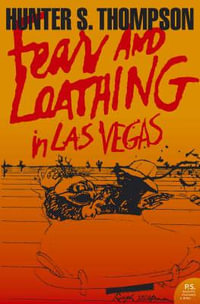Tracing the sectionalization of American politics in the 1840s and 1850s, Michael Morrison offers a comprehensive study of how slavery and territorial expansion intersected as causes of the Civil War. Specifically, he argues that the common heritage of the American Revolution bound Americans together until disputes over the extension of slavery into the territories led northerners and southerners to increasingly divergent understandings of the Revolution's legacy. Manifest Destiny promised the literal enlargement of freedom through the extension of American institutions all the way to the Pacific. At each step--from John Tyler's attempt to annex Texas in 1844, to the Kansas-Nebraska Act, to the opening shots of the Civil War--the issue of slavery had to be confronted. Morrison shows that the Revolution was the common prism through which northerners and southerners viewed these events and that the factor that ultimately made consensus impossible was slavery itself. By 1861, no nationally accepted solution to the dilemma of slavery in the territories had emerged, no political party existed as a national entity, and politicians from both North and South had come to believe that those on the other side had subverted the American political tradition. |A comprehensive study of how slavery and territorial expansion intersected as causes of the Civil War. Specifically, the disputes over the extension of slavery into the territories led to divergent understandings of the legacy of the American Revolution, the Union, and republican government.
Industry Reviews
Elegant, witty, and learned, "Slavery and the American West" is the finest book written on the 1850s since David Potter s classic study."Civil War History" A thoroughly researched, carefully reasoned account of antebellum politics. . . . This book is an intellectual tour de force."North Carolina Historical Review" A welcome study, a well-written authoritative work that provokes new answers to old but scarcely exhausted questions."Slavery and Abolition" "A thoroughly researched, carefully reasoned account of antebellum politics. . . . This book is an intellectual tour de force."North Carolina Historical Review"" "Elegant, witty, and learned, "Slavery and the American West" is the finest book written on the 1850s since David PotterUs classic study."Civil War History"" "A welcome study, a well-written authoritative work that provokes new answers to old but scarcely exhausted questions."Slavery and Abolition"" Serious historians will find Morrison's book well worth reading."Military Review" A strong book that is thoroughly and copiously documented."Kansas History"

















![Hidden Figures : The Untold Story of the African American Women Who Helped Win the Space Race [Film Tie-In Edition] - Margot Lee Shetterly](https://www.booktopia.com.au/covers/200/9780008201326/null/hidden-figures.jpg)






